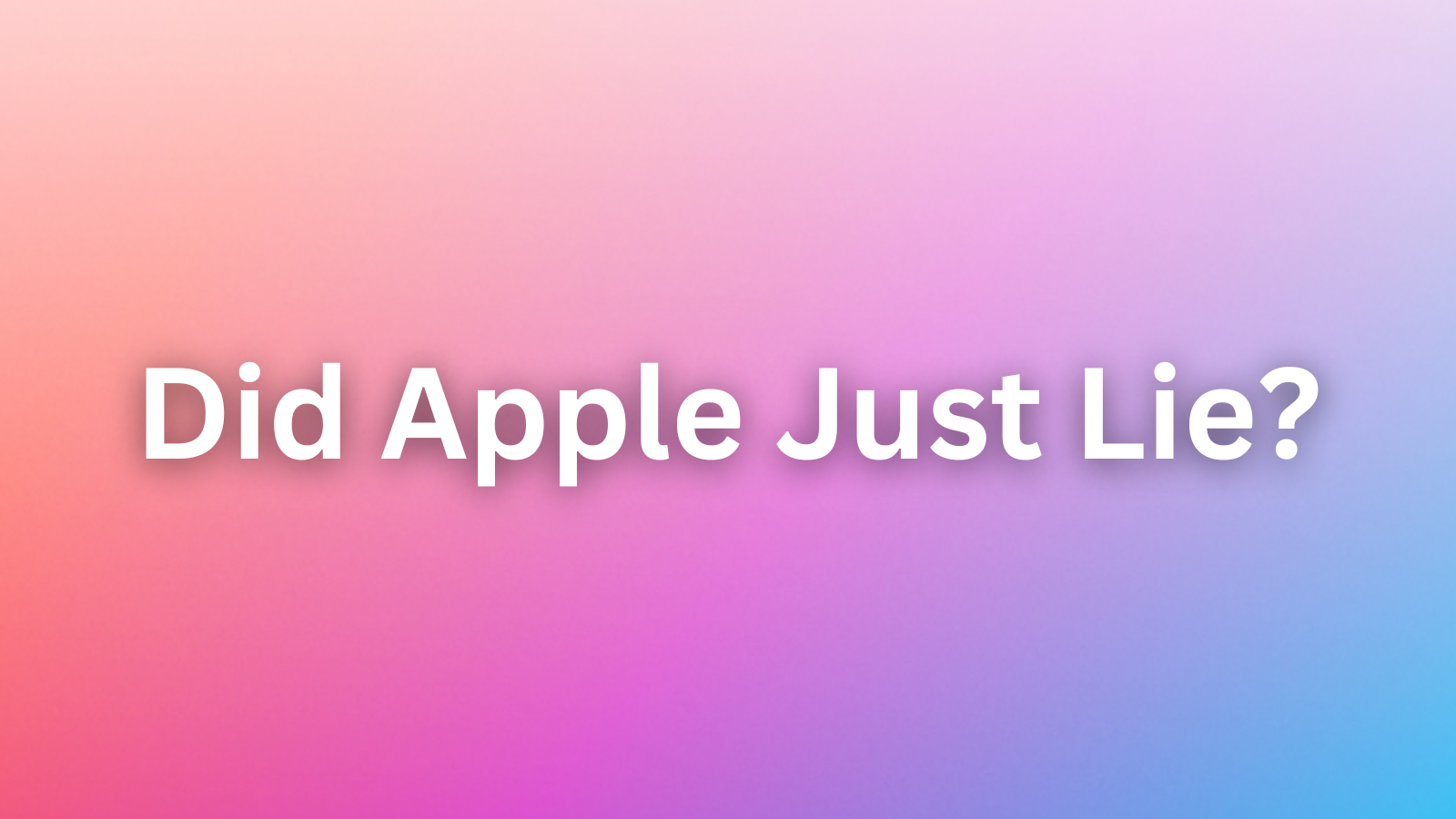Did Apple Just Lie to Keep Its App Store Monopoly?

A federal judge just dropped a bombshell: Apple willfully violated a court order meant to break its grip on the App Store—and a top executive "outright lied" under oath. The ruling could trigger criminal contempt charges, escalating a four-year battle with Fortnite maker Epic Games. Is this the beginning of the end for Apple’s 30% "tax"? Let’s dive in.
🚨 The Problem: Apple’s ‘Malicious Compliance’ Exposed
- 💸 The 27% Workaround: After being ordered to let developers link to external payment systems in 2021, Apple imposed a new 27% commission on off-app purchases—a fee that didn’t exist before.
- 🛑 Hidden Barriers: The company added "scare screens" and technical hurdles to deter users from using non-Apple payment options, violating the court’s "friction-free" mandate.
- 📄 Smoking Gun Documents: Internal emails revealed Tim Cook ignored warnings from Apple Fellow Phil Schiller to comply with the injunction, letting CFO Luca Maestri talk him into anticompetitive workarounds.
- 👨⚖️ Perjury Allegations: Judge Yvonne Gonzalez Rogers accused Apple VP Alex Roman of lying under oath about the company’s payment policy changes.
✅ Epic’s Peace Proposal: A Tax-Free Future?
- 🕊️ Fortnite’s Return: Epic CEO Tim Sweeney offered to bring Fortnite back to iOS globally if Apple extends its court-ordered 0% fee model worldwide.
- 🌍 Digital Markets Act Synergy: The proposal aligns with Europe’s new law forcing Apple to allow third-party app stores and payment systems—hinting at a unified global strategy.
- 💡 Developer Win: If adopted, apps like Netflix or Spotify could bypass Apple’s fees entirely by directing users to their websites for subscriptions.
⚠️ Why Apple Isn’t Backing Down
- 📉 $20B at Stake: Analysts estimate Apple’s App Store fees generated $24B in 2023—a revenue stream it’s fighting to protect.
- 🔄 The 27% Loophole: Apple claims its new commission complies with the injunction, arguing developers still save 3% vs. the old 30% rate. The judge called this "a blatant evasion."
- 🔒 Ecosystem Lock-In: Critics argue Apple’s restrictions aren’t just about money—they’re about maintaining control over the iPhone’s software ecosystem.

🚀 Final Thoughts: Can the Courts Break the ‘Walled Garden’?
This case could redefine mobile app economics, but success hinges on:
- 📈 Global Enforcement: Will the EU’s Digital Markets Act and U.S. courts create enough pressure to force Apple’s hand?
- ⚖️ Criminal Consequences: If prosecutors pursue contempt charges, executives could face fines or even jail time—a rare threat to Silicon Valley’s "move fast and break things" culture.
- 🎮 Epic’s Endgame: Sweeney’s "peace offer" is strategic—if Apple refuses, it risks looking unreasonable in future antitrust battles.
What do you think: Is Apple’s App Store model finally crumbling, or will it find new ways to maintain control?
Let us know on X (Former Twitter)
Sources: Lily Jamali. Apple referred for possible criminal contempt investigation, 2025-05-01. https://www.bbc.com/news/articles/c62xv43xqq5o










